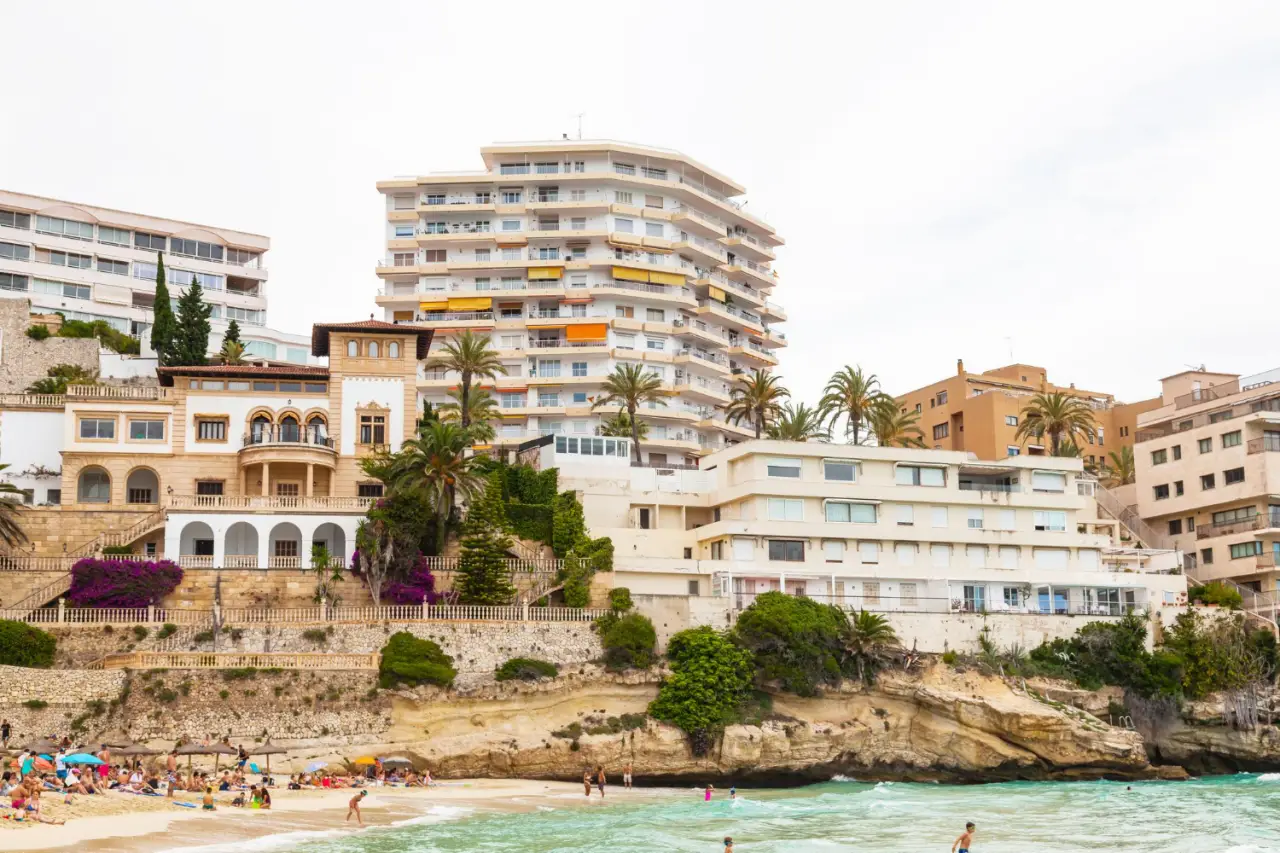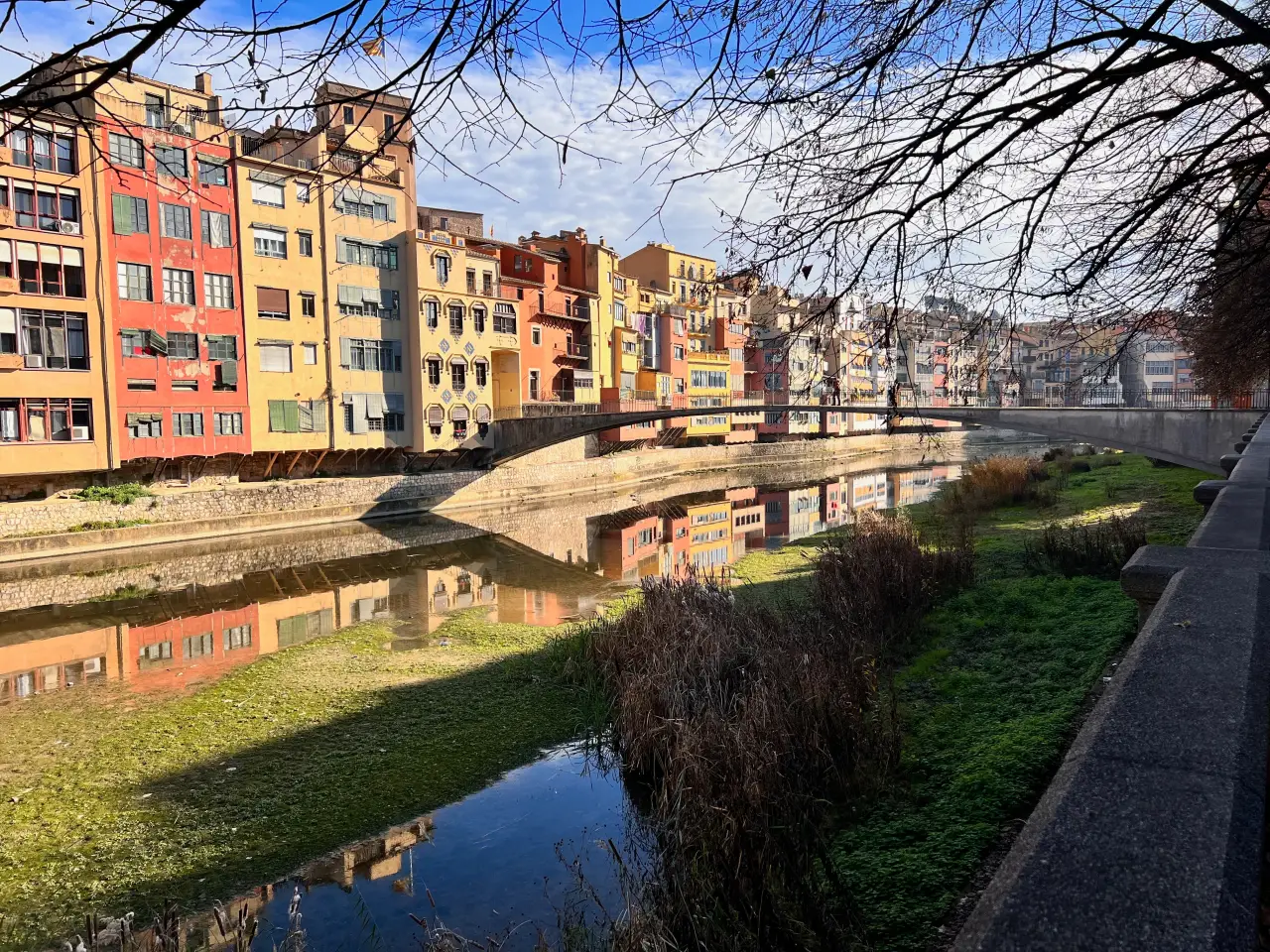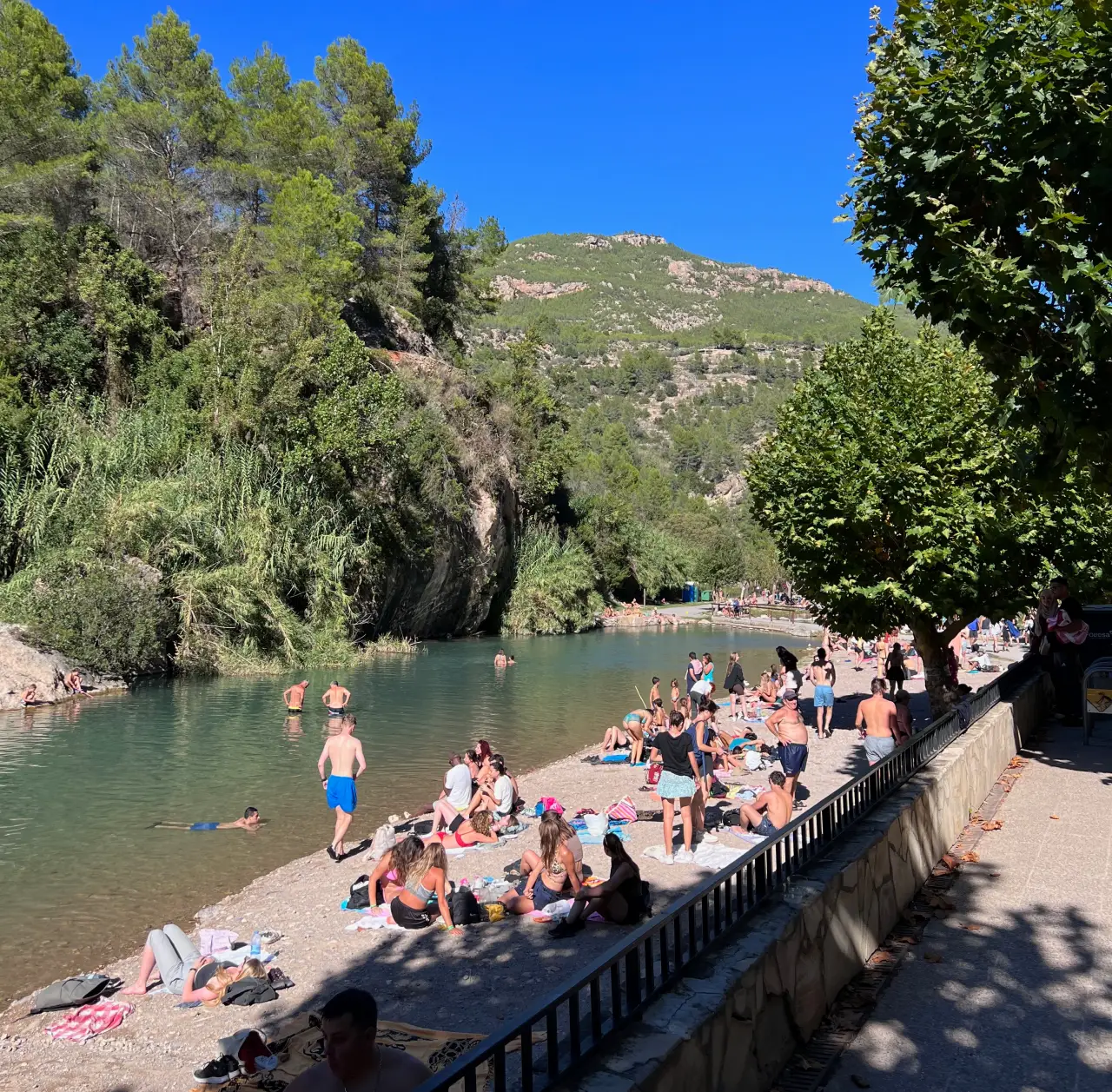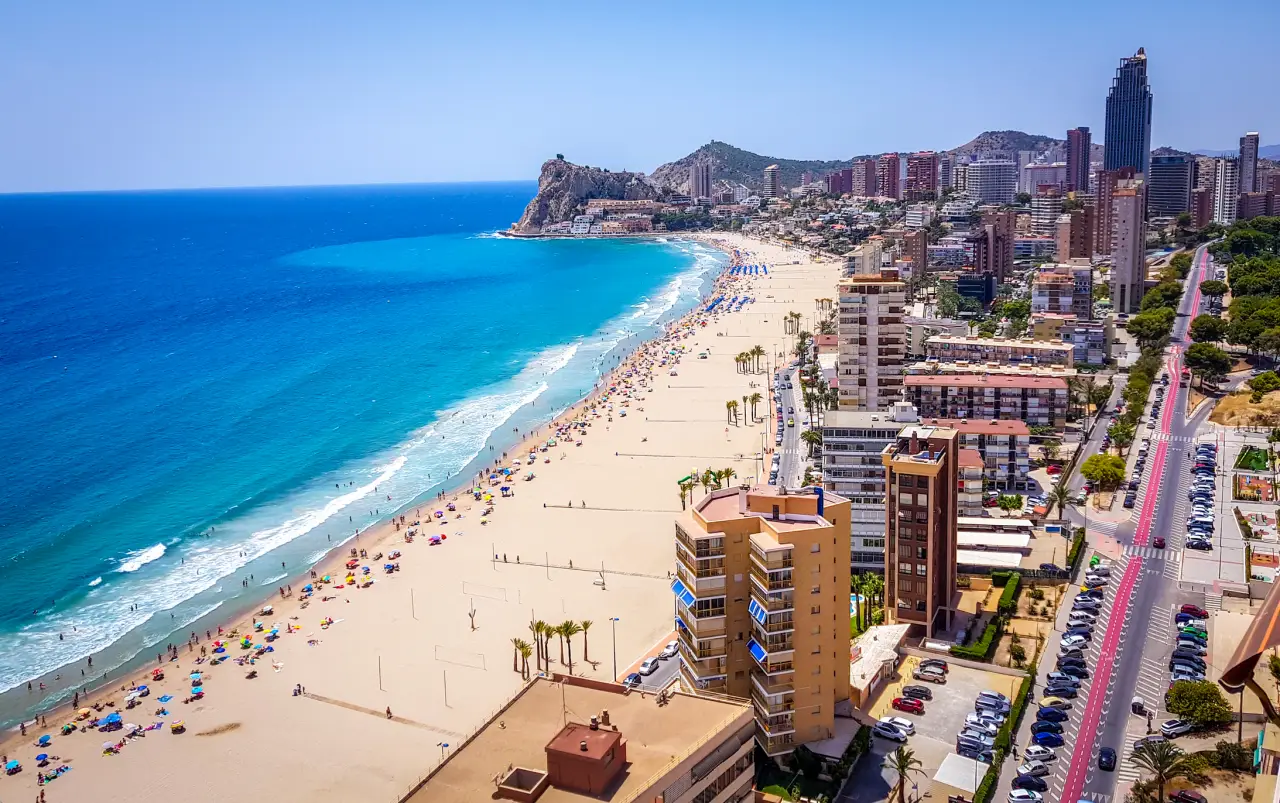Spain battles overtourism and residents demand change. This issue, once a concern for neighborhood and conservation groups, is now widely recognized. The term “overtourism” now frequently appears in discussions among hotel leaders and government officials.
Overtourism means essential services are overwhelmed by tourists. Maria Amengual, a Mallorcan resident, describes to the national news website the impact vividly: ambulances are often busy with tourists, leaving locals without timely help.
Housing prices are skyrocketing due to tourism. Apartments intended for residents are rented to tourists, making them unaffordable for locals. The average salary in Spain has risen by 3.7% over the last year, reaching 2,267 euros gross per month. Despite this increase, it does not match the surging cost of living, driven in part by inflation, which also rose by 3.8% in the past year. Companies are offering more moderate salary increases, contributing to a slower wage growth compared to the inflation rate.
As a result, essential workers like doctors and police are forced to leave. For example, some Civil Guard agents in Ibiza sleep in their cars due to the housing shortage. The salary cost paid by companies per worker stood at 2,267 euros gross per month in the first quarter of 2024, a 3.7% increase compared to the same period last year. However, this increase is not sufficient to offset the cost of living in tourist-saturated areas.
The holiday housing boom is also illegal in some places. In Barcelona, homes have turned into tourist flats and then into drug dens. Valencia’s mayor announced measures to combat overtourism, including banning new permits for tourist apartments and limiting mega cruise ships.
The Balearic Islands’ president emphasized the need for limits. The island of Mallorca has already reduced the ceiling on new tourist places. Mallorca and Ibiza are working on restricting rental cars, aiming to prevent traffic jams typical of big cities.
San Sebastián has limited tourist groups to 25 people. Seville is considering charging tourists to access Plaza de España, and Barcelona has adjusted bus services for residents. The most crowded Spanish municipalities are: Peñíscola, Albarracín, Sant Llorenç des Cardessar, Sallent de Gállego, and Salou.
In Barcelona, Mayor Jaume Collboni announced plans to eliminate tourist apartments by November 2028. This bold initiative is supported by a law from the Generalitat allowing municipalities to cancel licenses after a five-year transition. Collboni aims to convert 10,101 tourist apartments to residential use. This is part of the Pla Viure to ensure housing access for young people and the working class.
However, the measure faces significant challenges. It needs approval from the city council and could face legal battles from the affected sector. Supporters advocate for urgent housing solutions. In contrast, opposition parties and groups criticize the plan as unrealistic or ideologically driven.
The tourism sector strongly opposes the plan. The Association of Tourist Apartments of Barcelona warns it will not solve housing issues and could harm the city’s economy. The Constitutional Court is reviewing a challenge against the Generalitat’s law. The case may also go to the European Court of Justice.
Barcelona has already reclaimed 3,473 illegal tourist apartments since 2016. This effort aims to reduce the number of unlicensed units and return them to residential use. Collboni’s plan could benefit neighborhoods with the most tourist apartments. Areas like Hostafrancs, Ciutat Vella, and Vila Olímpica stand to gain from the conversion.
Overall, Spain’s battle against overtourism highlights the need for sustainable tourism practices. Balancing tourism’s economic benefits with residents’ quality of life is crucial for the future.













